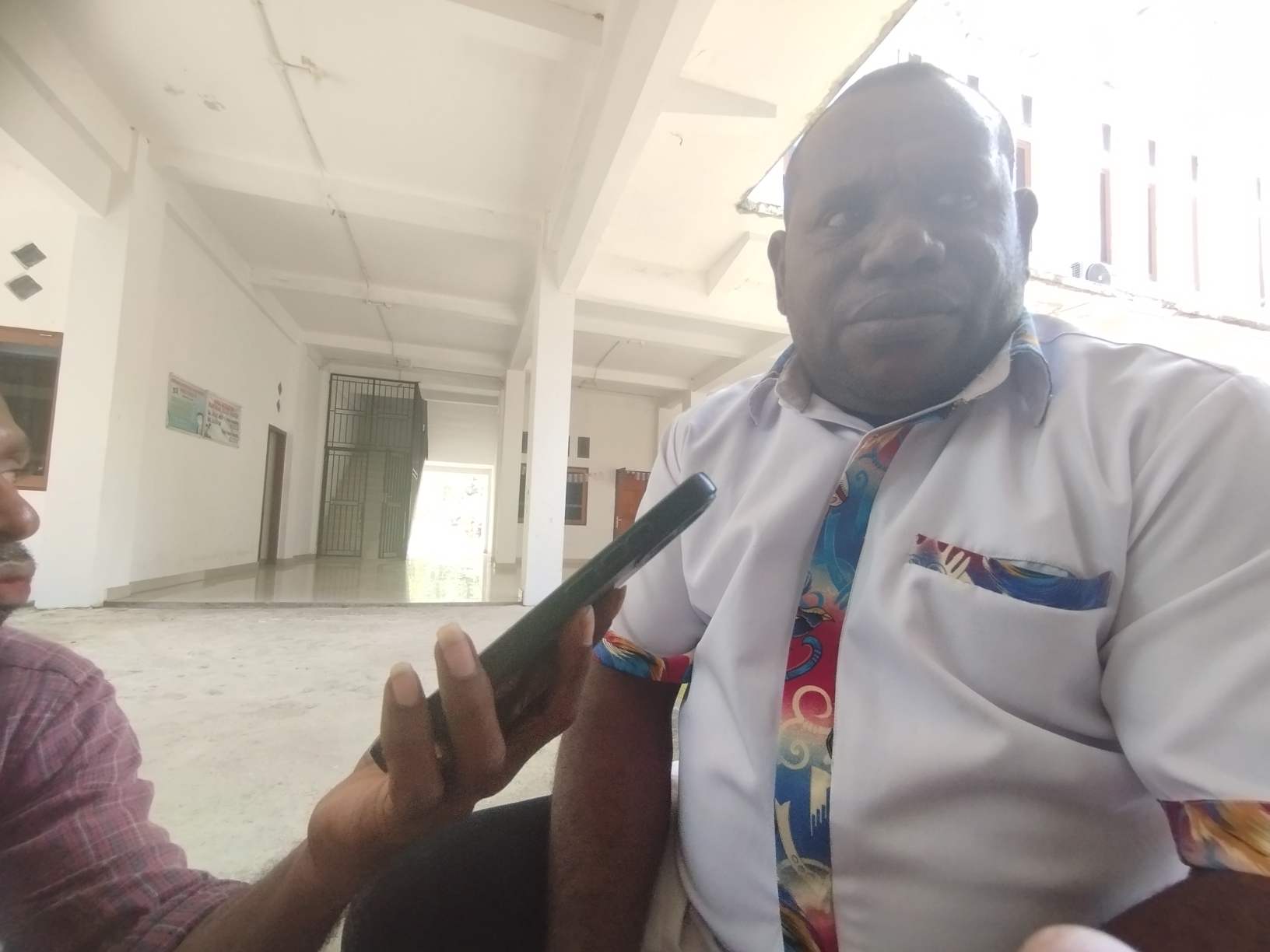Sentani, Jubi – Andreas Swewali, the Chairman of the Indonesian Teachers Association (PGRI) in Jayapura Regency, highlighted several factors contributing to the absence of teachers at schools. He emphasized that when teachers were assigned to a new location, a lack of comfort can lead to teachers not fulfilling their duties.
Swewali mentioned instances where school principals do not welcome new teachers, local communities exhibiting unwelcoming attitudes toward newcomers, and pressure from fellow teachers in a particular area. He shared these insights during a meeting held at the Gunung Merah Sentani Regent’s Office on Tuesday, October 10, 2023.
The availability of basic facilities such as housing, transportation, electricity, water supply, and communication infrastructure like the internet network also impacts teacher attendance.
Swewali stated that these logistical issues remain unresolved despite ongoing efforts by the local government through the Education Office.
According to 2022 data, there are total of 44,939 teachers in the region. Among them, 6,113 are kindergarten/early childhood teachers, 21,006 teach in elementary schools, 9,138 are junior high school teachers, 6,037 teach in high schools, and 2,645 are vocational school teachers.
Hariyanto Piet Soyan, Chairman of Commission C of the Jayapura Regency People’s Council (DPRD), emphasized the need for the Education Office to be more discerning when assigning teachers to schools. He particularly stressed that, in the current Special Autonomy period, fundamental principles should govern teacher placements.
Soyan highlighted the necessity for the Education Office to formulate specific regulations that favor teachers and cater to local education systems and processes. This way, local communities can harness their knowledge and expertise, enabling community empowerment in line with their areas of specialization.
He pointed out that many teachers choose to leave their assignments due to geographical factors, such as long travel distances, along with other issues like inadequate housing. (*)














